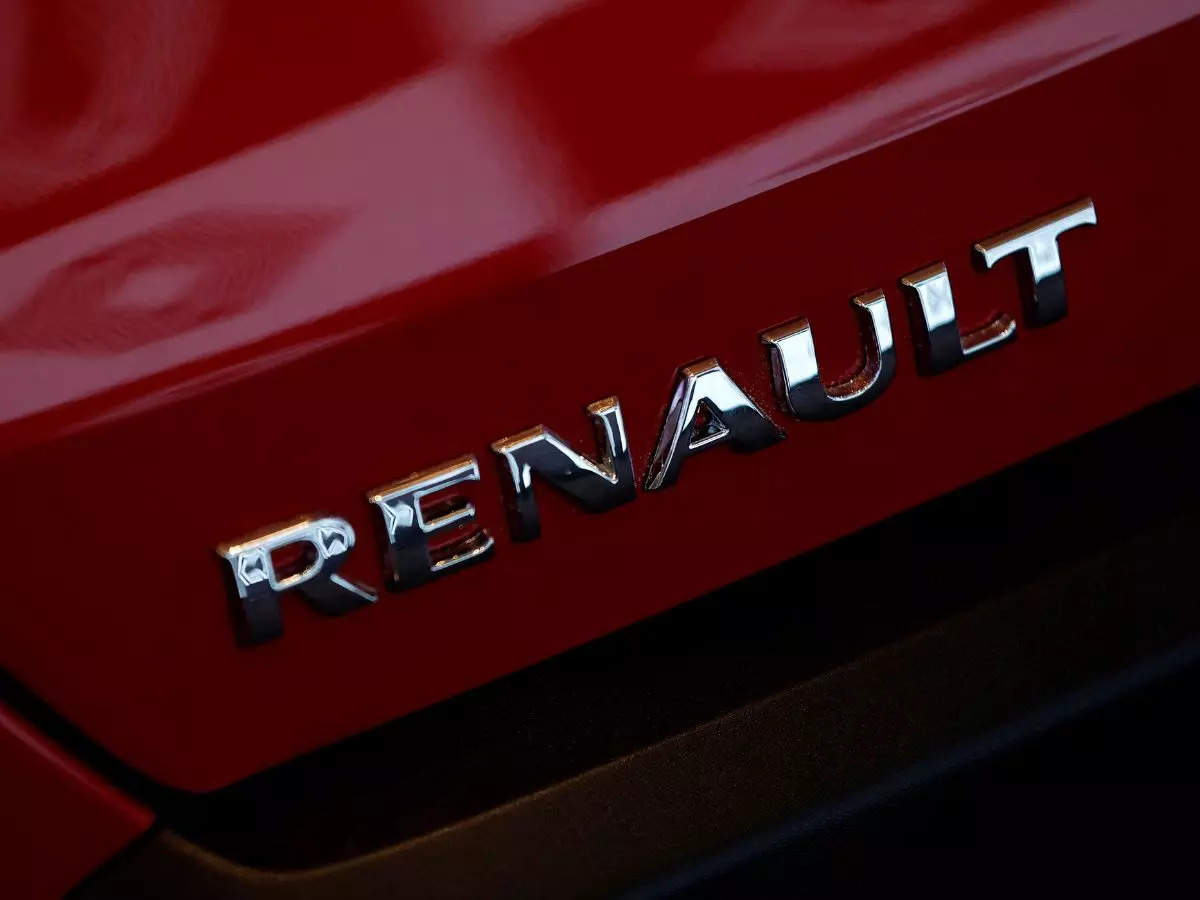Renault India Operations Country CEO & Managing Director Venkatram Mamillapalle said, “It is true (right now) the segment is shrinking. But as long as regulations don’t stop us, we will continue to sell the Kwid. We will not exit the segment. Given the traffic situation, small cars with high tech features at affordable prices should be winners, there is no reason why customers will not buy.” Renault will launch E20 compliant Kwid shortly. Also on cards, are plans to fit the car with six airbags by October 2024.
While buyers in urban centres may shift to SUVs, EVs and Hybrids, Mamillapalle said, Renault expects there will continue to be a demand for small cars in semi-urban and rural markets. Even as passenger vehicle sales in the local market touched its best-ever levels last year driven by demand for SUVs, the share of hatchbacks declined to 30% last calendar year, from 47.4% five years back.
Overall, Renault is planning to launch five new vehicles, including the next generation versions of SUV Kiger and MPV Triber, in the Indian market in three years starting 2025 to tap into the burgeoning demand for automobiles in the country. Mamillapalle said, “We are refreshing our current portfolio this year, which should help us grow in double-digits. Next year onwards, we will launch 5 new products over a period of three years.” Renault Tuesday introduced five variants across its three models – Kwid, Kiger and Triber – as it seeks to expand its customer base in the country.
Renault India – which sold about 49,000 vehicles in the local market last year – is targeting growing in double-digits on back of its refreshed range and marketing initiatives in CY2024. If the South African market stabilises, exports too would go up taking total sales close to the 100,000 units mark, Mamillapalle said. The company exported 28,000 vehicles from India in 2023.
Renault, along with alliance partner Nissan, last year announced fresh investments of $600 million (about Rs 5,300 crore) in India as part of their business transformation plan. The duo plans to launch half a dozen models from the middle of this decade.Overall, the new vehicles slated to be introduced as part of the business transformation strategy by Renault Nissan include two internal combustion engine vehicles and one electric vehicle for each brand. Renault plans to launch its electric vehicle (EV) in the mass segment and the company will manufacture it locally to control costs. The rebooting of India operations has come post Nissan and Renault deciding to restructure their equity collaboration to put both firms on an equal footing in terms of shareholding. As part of the deal, the two companies have pledged to pool more resources into key projects in South America, India and Europe, involving markets, vehicles and technologies. Nissan has also said it will invest in Renault’s new battery-electric vehicle unit.


